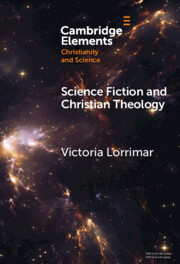Refine search
Actions for selected content:
1 results

Science Fiction and Christian Theology
-
- Published online:
- 06 May 2025
- Print publication:
- 29 May 2025
-
- Element
- Export citation
